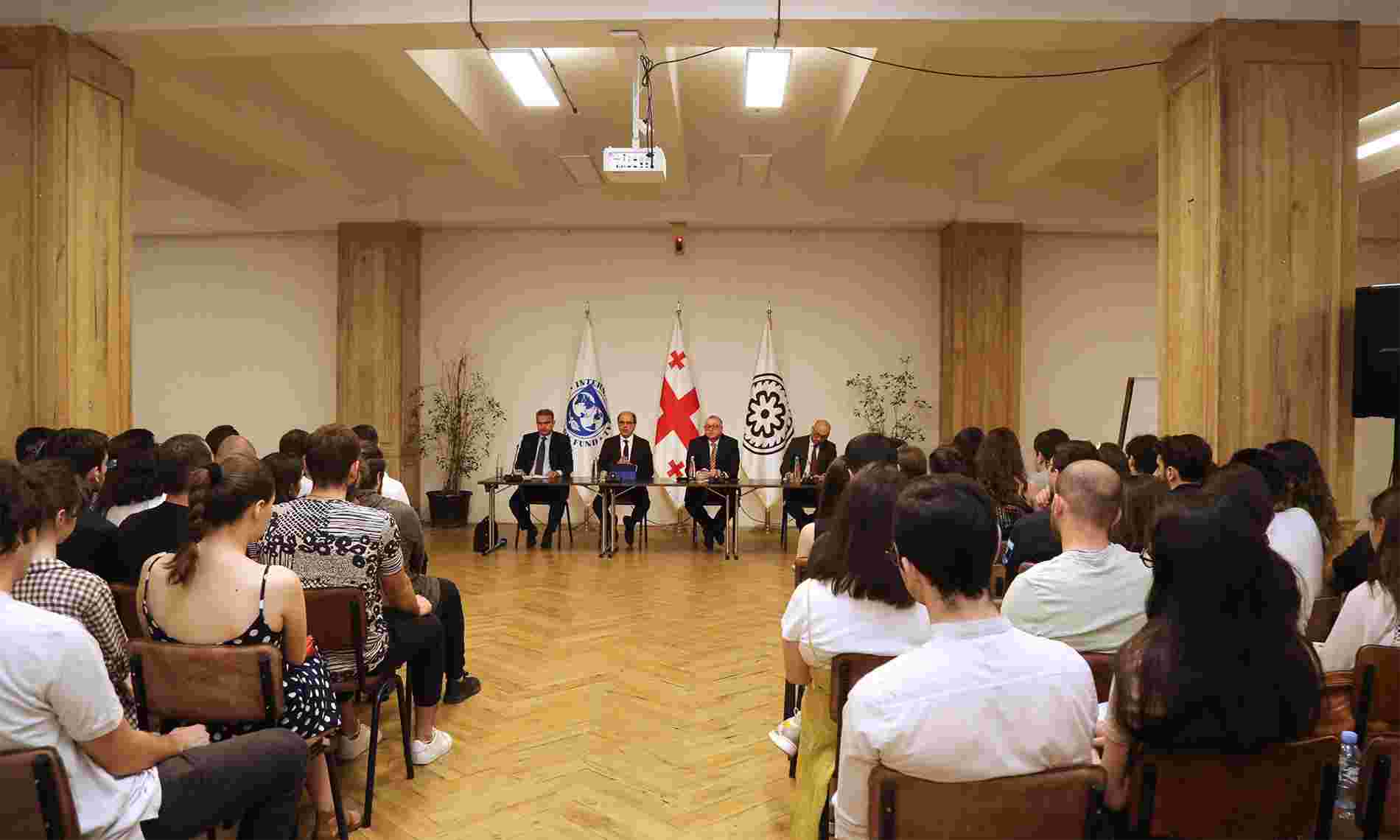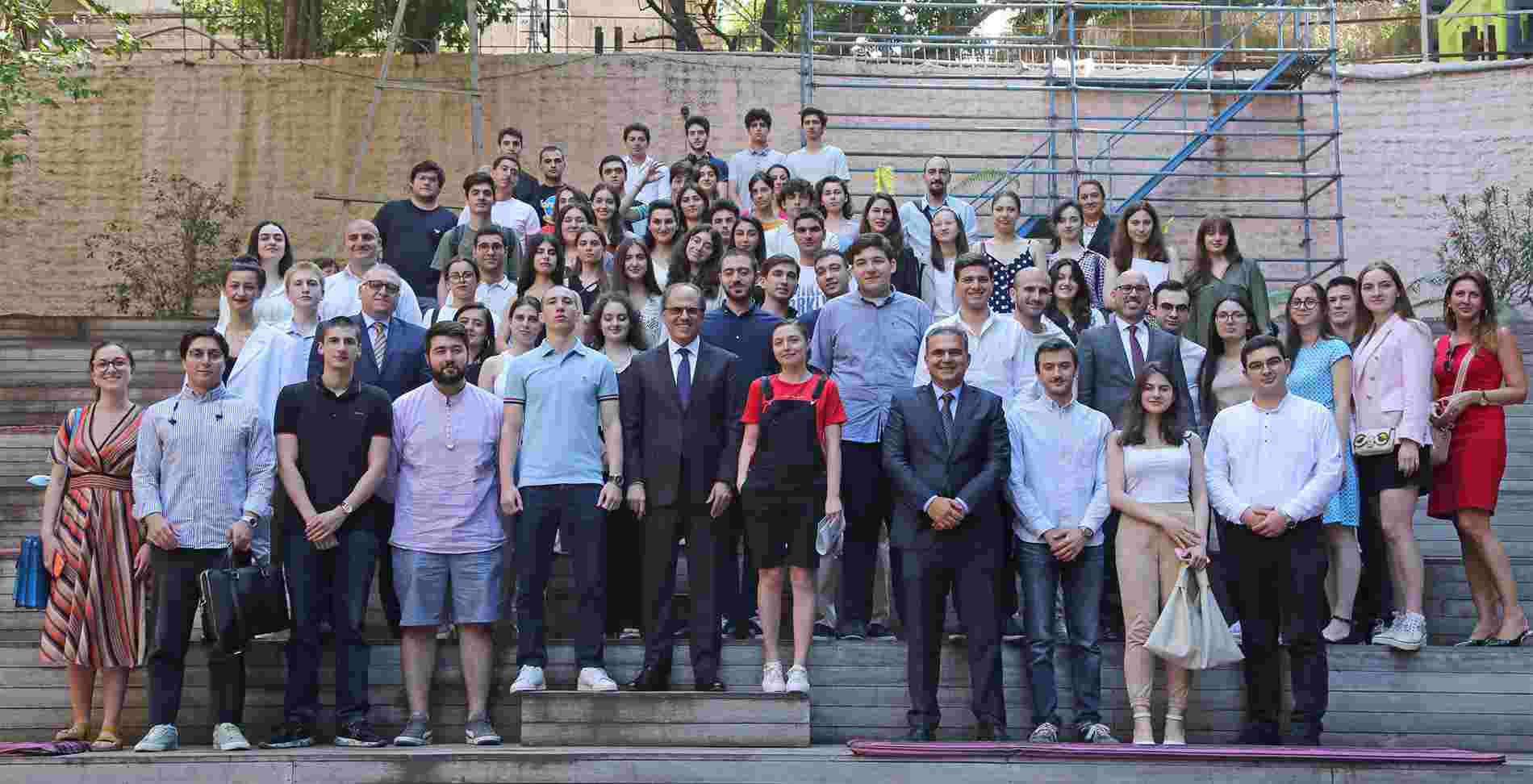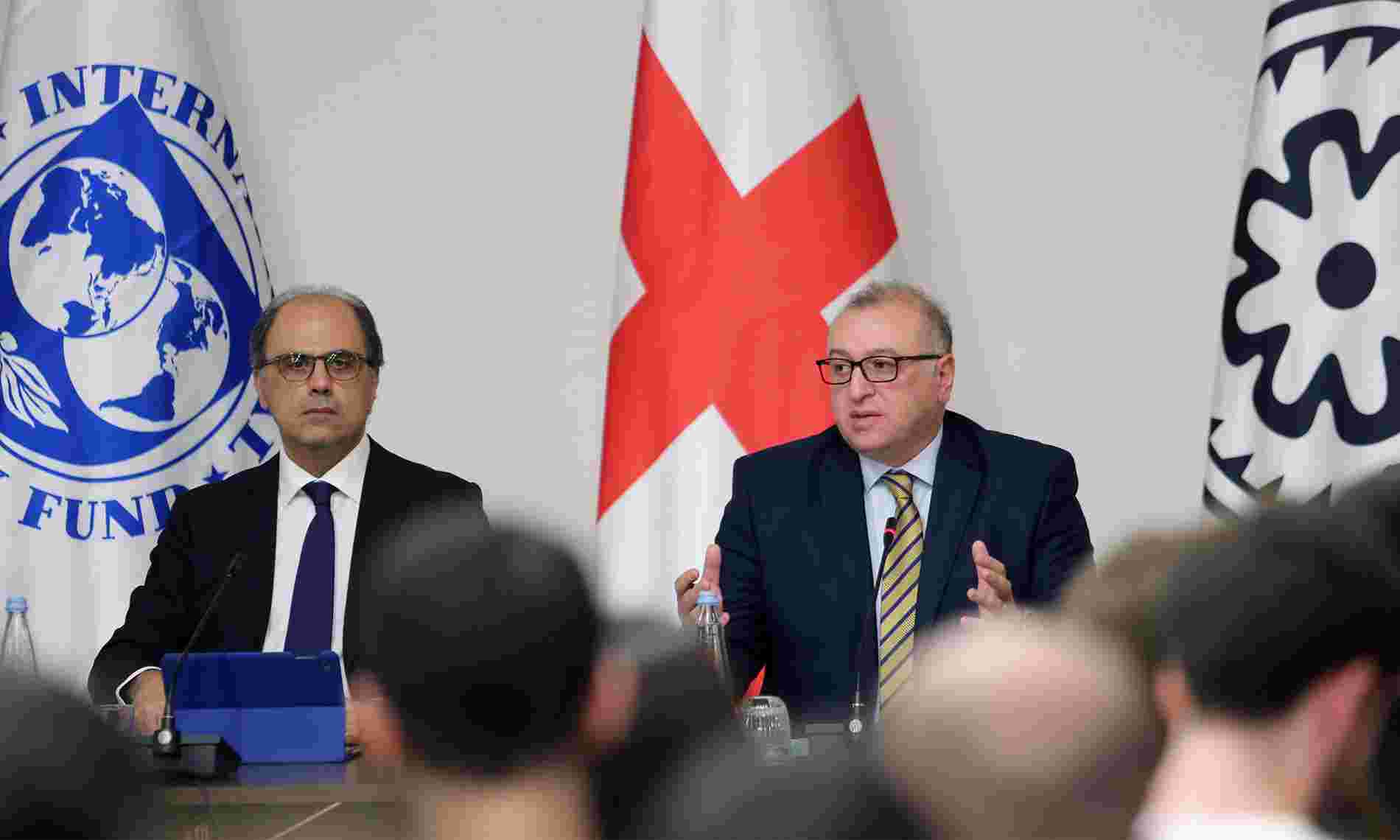
Koba Gvenetadze and Jihad Azour Meet with Students
The challenges of Georgia and the region, the effects of the Russia-Ukraine war and the global economy – these issues were discussed as Koba Gvenetadze, Governor of the National Bank of Georgia, Jihad Azour, Director of the IMF’s the Middle East and Central Asia Department, met with the students.
At the opening of the meeting, Koba Gvenetadze noted that the Russian invasion in Ukraine pushed global inflation up and decelerate global economic outlook. The sanctions imposed against Russia due to its aggression against Ukraine and supply side disruptions put upward pressure on international prices on food, energy and other commodities. Subsequently, global inflation pressure intensified and that factor led higher than expected inflation in Georgia as well. Without current geopolitical situation, inflation was expected to have a declining trend after March. Koba Gvenetadze also noted that the NBG focuses on reducing inflation in such global high inflationary environment. The monetary policy is tightened and the real policy rate in Georgia is the highest among the countries of the region. With tight monetary policy stance, inflation will return to its target rate As external factors phase out.
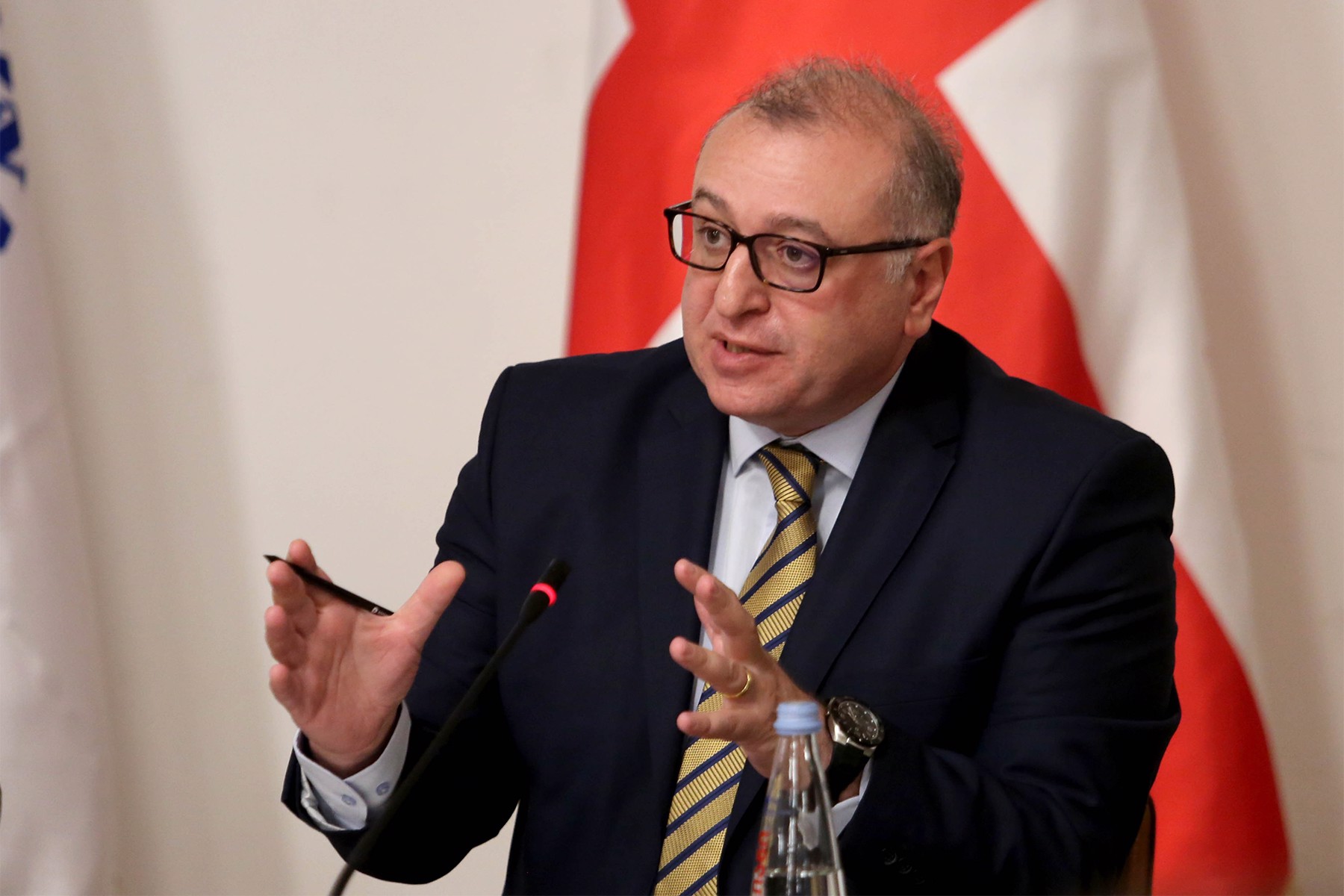
Koba Gvenetadze spoke at length about the current global economic challenges and the NBG actions. "Our macroprudential policy ensures financial sector stability. The financial sector has successfully passed through quite severe phase of the shock caused by the pandemic and maintains solid capital buffers against potential threats posed by the Russia-Ukraine war. In the pre-pandemic period, imposition of additional capital and liquidity requirements, adoption of responsible lending regulation and implementation of de-dollarization measures contributed to the accumulation of solid capital and liquidity buffers and robust asset quality. As the latest stress test results underline, banking sector remains resilience even under severe and extreme risk scenarios. Yet, we still see uncertainly in the region related to war, sanctions and ongoing Covid-19 pandemic. Nonetheless, despite these challenges, if needed, we have all the capacity to implement countercyclical measures as it has successfully done during the pandemic and contribute to financial sector stability", Governor Gvenetadze noted.
Jihad Azour pinpointed the reforms implemented in the financial sector of Georgia, positively aasssed the National Bank of Georgia and answered the students' questions.
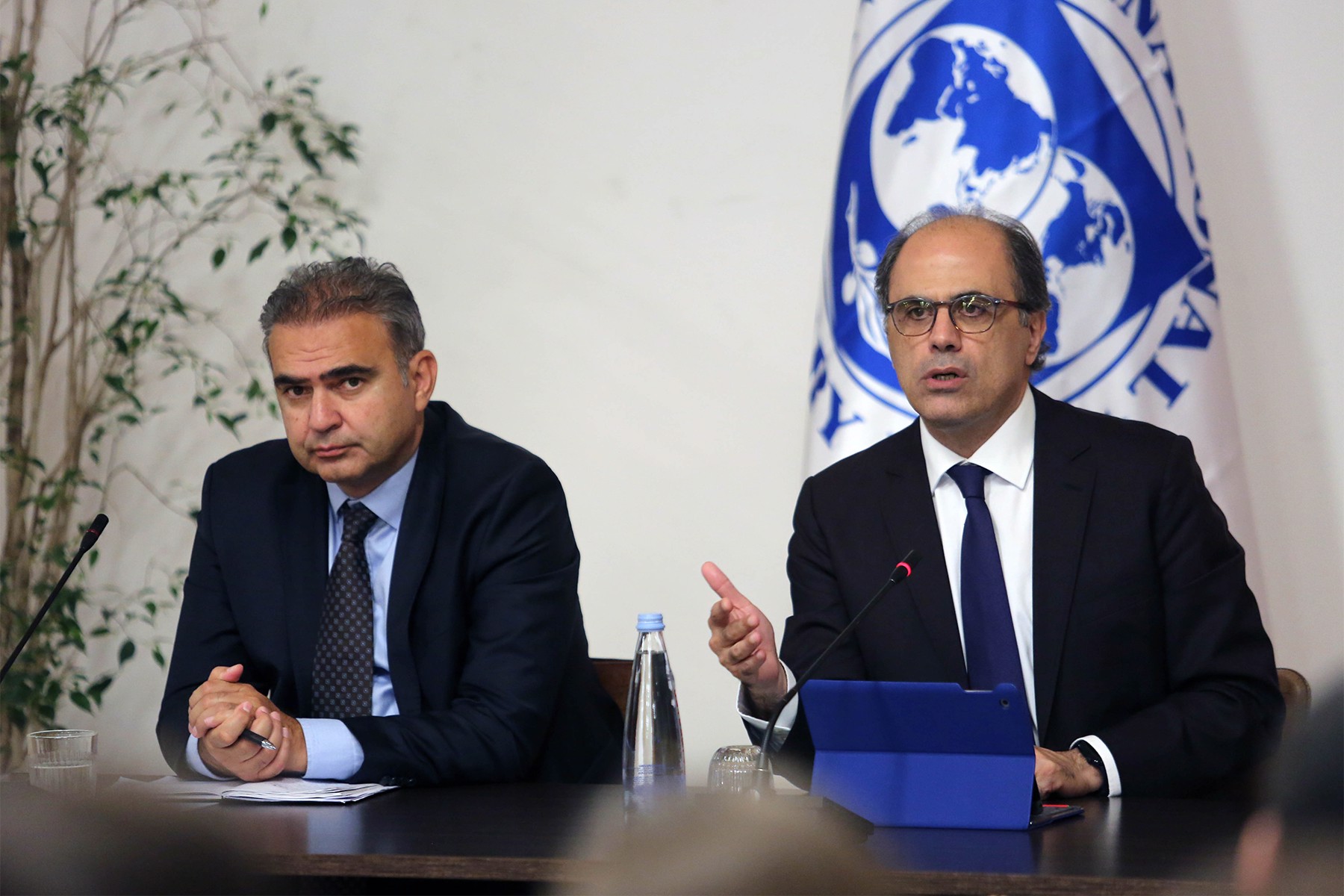
"This is the first time I’m visiting Georgia since the outbreak of Covid and it was an important visit for me in order to see how the economy is dealing with the shocks induced by Covid-19 and recent war in Ukraine, as well as the global challenges that we are all trying to manage. As you know, the IMF has a new program with Georgia, (the Stand-by Arrangement that does not imply the transfer of funds this time) that we hope will help Georgia stregthen stability and deal external shocks. Also, this program will promote new set of reforms that will allow the Georgian economy to grow faster, create more jobs, and in the medium term will help Georgia transform toward technology sectors, environmentally friendly sectors and help the economy create more jobs. Here we have an opportunity to discuss with the students, who will lead Georgia, about how they see the economic challenges, how they see their future in this world that is in full transformation and what are key challenges from their side, that we as a Fund we need to learn about", Jihad Azour said.
The work visit of the Director of the IMF’s Middle East and Central Asia Department encompassed meetings with the Governor of the National Bank of Georgia, representatives of the Georgian Government, Diplomatic Corps, International Financial Organizations, non-governmental sector and civil society.
07 July, 2022
Photogallery
6

